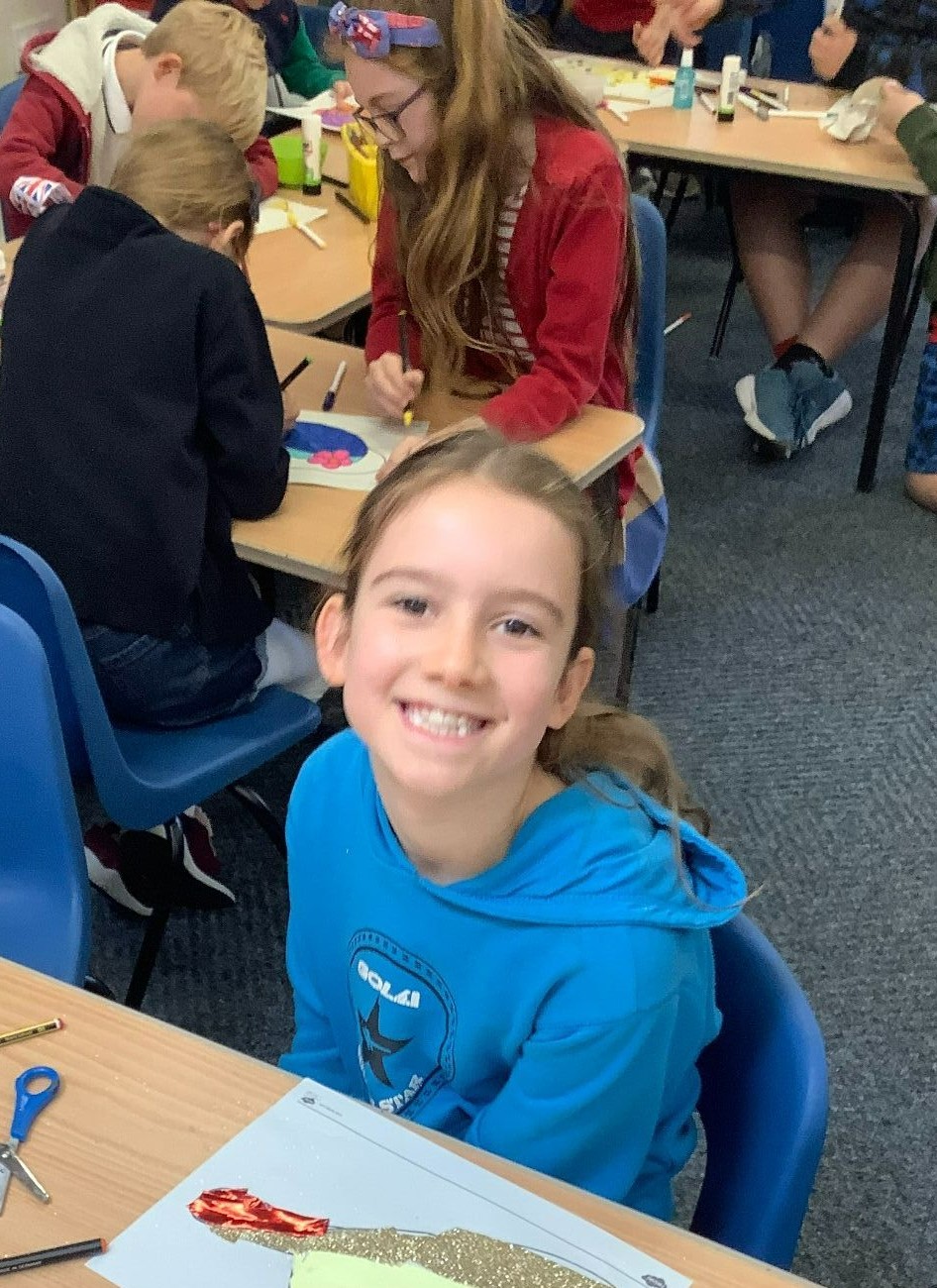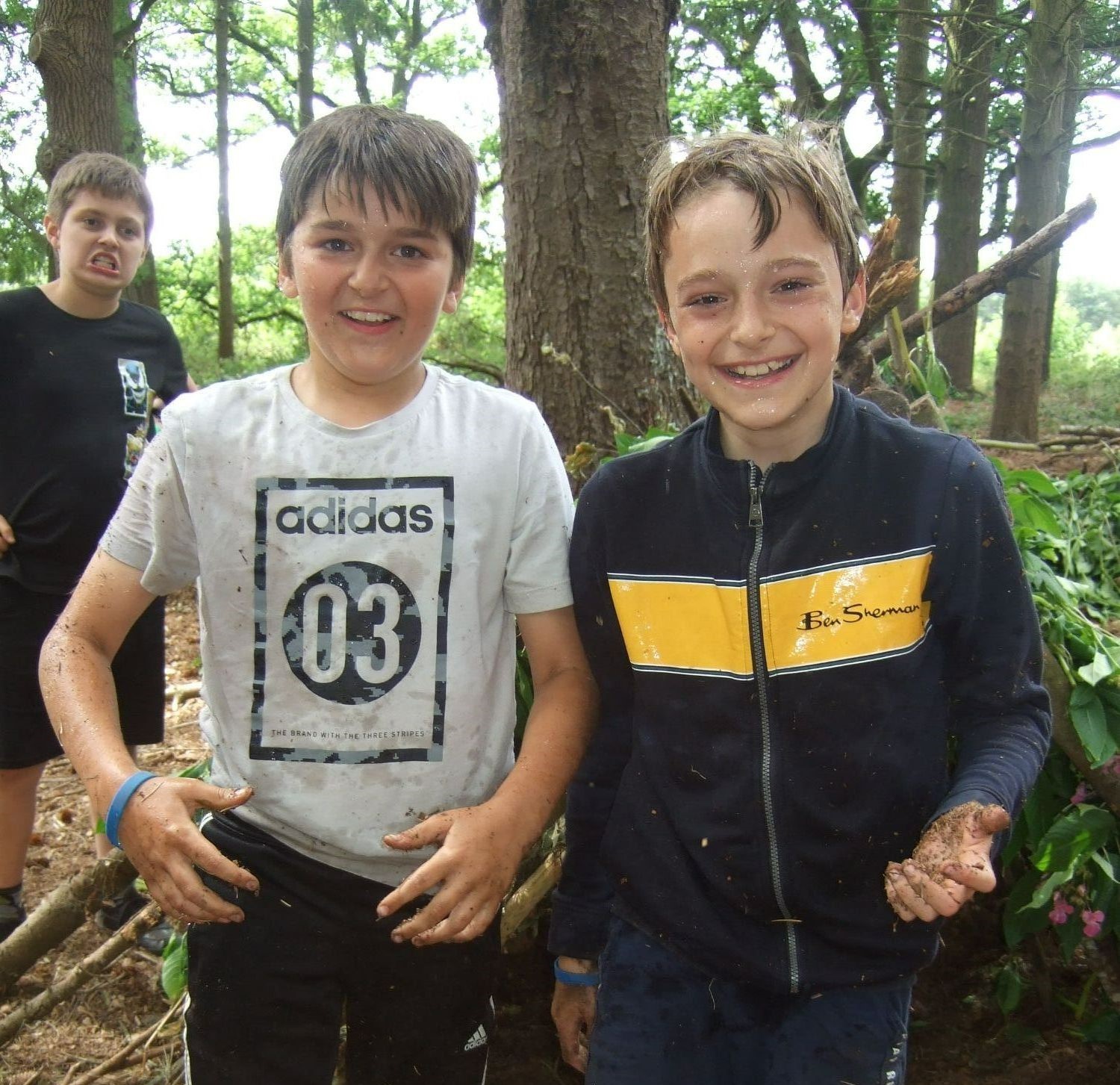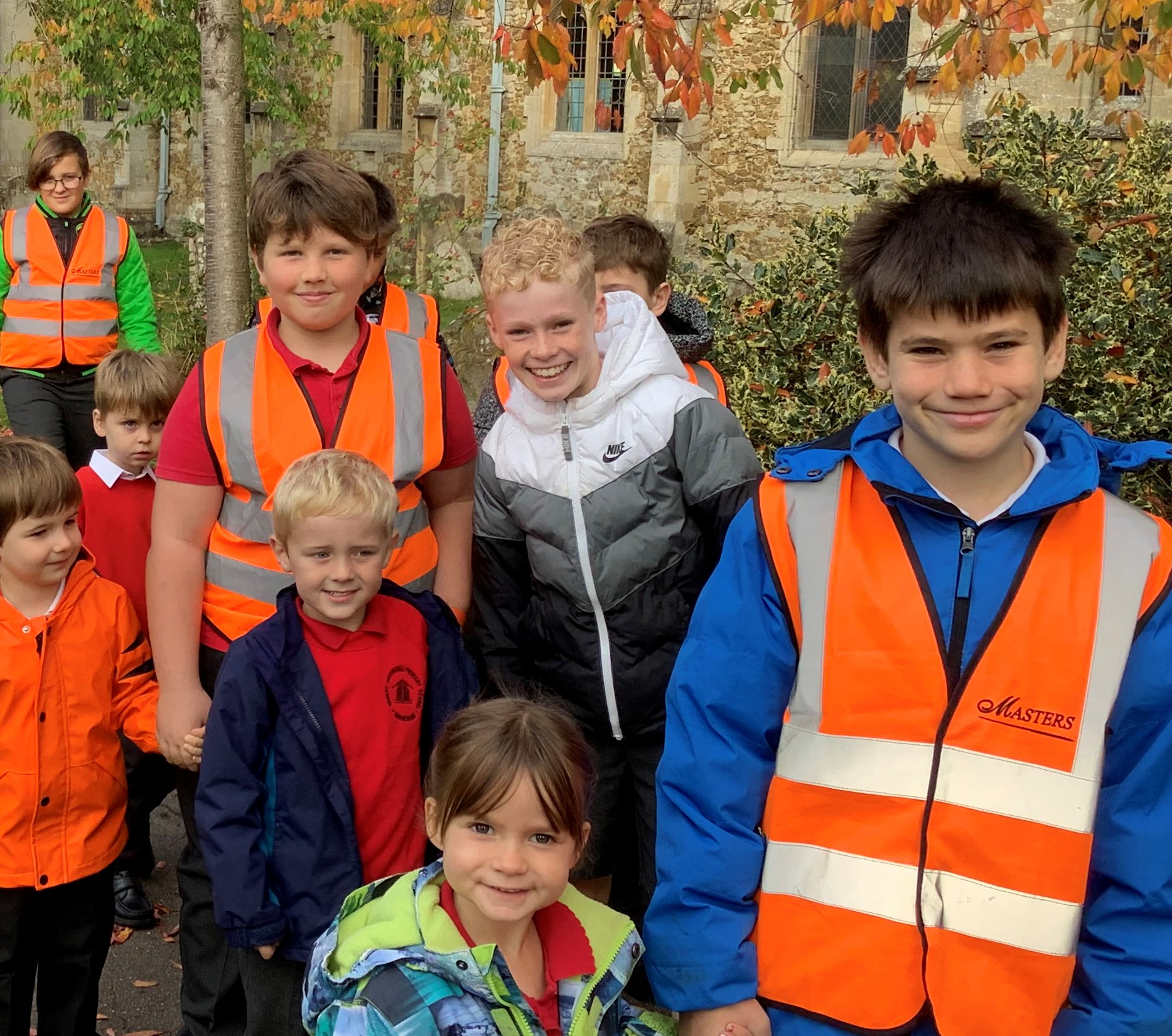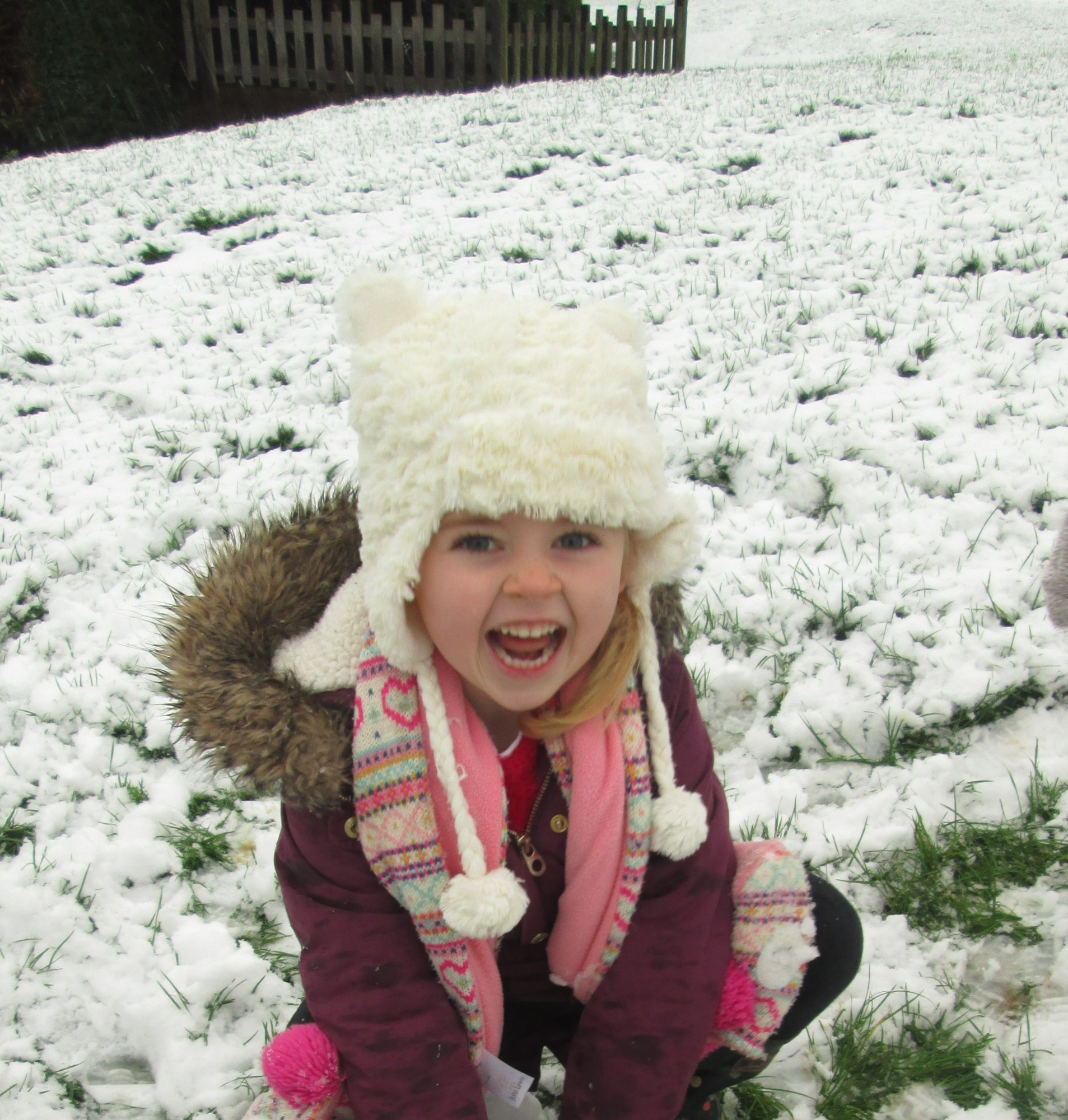Safeguarding
“Robert Arkenstall School is committed to safeguarding and promoting the welfare of children and expects all staff, visitors and volunteers to share this commitment”
Our Safeguarding Team
The link Governor for Safeguarding is: Cathy Murphy
The Designated Safeguarding Leads are Kate Bonney, Lisa Jaworski and Karen Gale
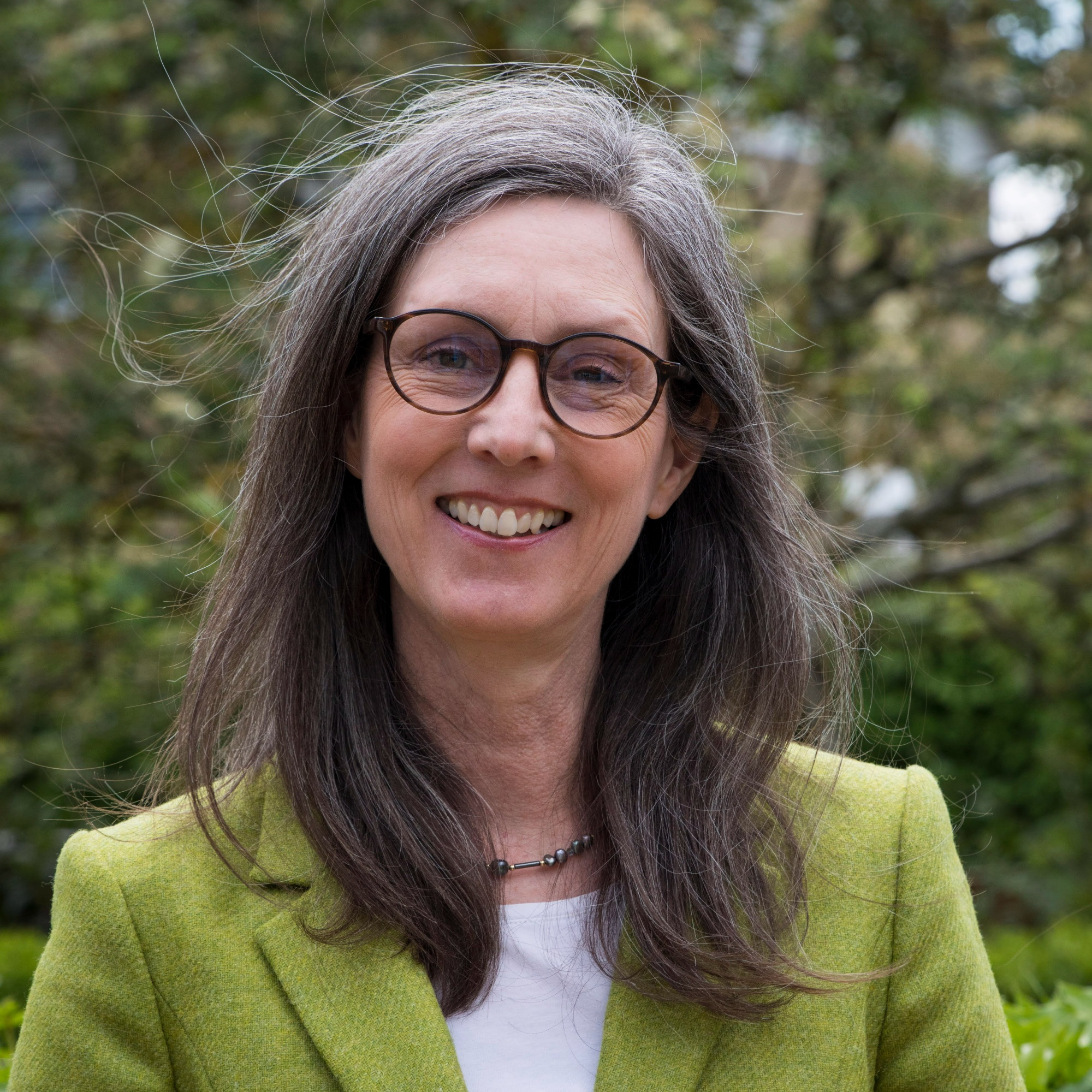

Robert Arkenstall Primary School is committed to safeguarding and promoting the welfare of children and young people and expects all members of the school community to share this commitment. We will endeavour to provide a safe and welcoming environment where children are respected and valued.
The safety and well being of all children and young people is of paramount importance. We recognise that parents and carers send their children to school each day with the expectation that the school provides a safe and secure environment in which their children can flourish. We therefore have a wide range of measures in place to ensure this is put into practice and is maintained.
Safeguarding and Child Protection Statement
Under the Education Act 2002 (section 175), schools must “make arrangements to safeguard and promote the welfare of children”.
We will endeavour to provide a safe and welcoming environment where children are respected and valued.
The school will therefore be alert to signs of abuse and neglect and will follow the Cambridgeshire and Peterborough Safeguarding Children Partnership Board’s procedures to ensure that children receive appropriate and effective support and protection.
Parents/carers should know that the law requires all school staff to pass on information which gives rise to a concern about a child’s welfare, including risk from neglect, physical, emotional or sexual abuse. Parents/carers should know that records of safeguarding concerns may be kept about their child. They should be informed that school staff will seek, in general, to discuss any concerns with them including referrals to other agencies.
Local procedures state that “Consent should always be sought from an adult with parental responsibility for the child/young person before passing information about them to Children’s Social Care, unless seeking consent would place the child at risk of significant harm or may lead to the loss of evidence for example destroying evidence of a crime or influencing a child about a disclosure made.” This includes allowing them to share information without consent, if it is not possible to gain consent, if it cannot be reasonably expected that a professional gains consent, or if to gain consent would place a child at risk.
Where there is a need to share special category personal data, the Data Protection Act 2018 contains ‘safeguarding of children and individuals at risk’ as a processing condition that allows professionals to share information.
In accordance with legislation and local Information Sharing protocols, we will ensure that information is shared securely and sensitively. Information will only be shared with other services where it is deemed necessary and proportionate to ensure that children and young people are safe and receive the right service. In all circumstances, the safety of the child will be the paramount concern.
Schools will contact Children’s Social Care when they have reasonable cause to suspect a child may be suffering or likely to suffer significant harm. Occasionally, concerns are passed on which are later shown to be unfounded. Parents/carers will appreciate that the member of staff in the school with responsibility for child protection (known as the Designated Safeguarding Lead or Deputy Designated Safeguarding Lead) was carrying out their responsibilities in accordance with the law and acting in the best interests of all children.
Under Section 3 (5) of the Children Act 1989, any person who has care of a child “may….do what is reasonable in all the circumstances of the case for the purpose of safeguarding promoting the child’s welfare”. This means that on rare occasions, a school may need to “hold” a child in school whilst Social Care and the Police investigate any concerns further.
Policies
We have a number of policies in place which support our ethos for ensuring our children are safe, secure and in an environment where they can pursue possibilities and love learning. These are available from our Policies section and include:
Anti-Bullying Policy
Attendance Policy
Behaviour Policy
Safeguarding and Child Protection Policy
Confidentiality Policy
Code of Conduct
Data Protection Policy
First Aid Policy
ICT Acceptable Use Policy
Social Media Policy
Induction and Training
All our staff and volunteers have an induction schedule which includes safeguarding training and every member of staff has formal training every two years. This knowledge is maintained throughout the school year with bite size reminders and updates on current practices and law.
Recruitment Procedures
As a school we take time to assess all applications and include clear expectations around safeguarding and suitability to work with children. We apply these protcols and expectations to regular volunteers too. Candidates can be expected to answer questions around safeguarding in their recruitment selection day.
PSHE Curriculum and E Safety Curriculum
Through our Personal Social and Health Education curriculum children will learn how to keep themselves safe (age appropriate). Similarly, with IT taking a leading part in our children's every day lives we teach them how to be safe on line and offer workshops for parents too. Find more information about Online Safety here.
Site Security
We have stringent management and maintenance of our site to ensure it is safe and secure which includes management of visitors to our site. All visitors must sign in and wear a visitor badge and are escorted, unless they have met our vetting requirements to work in school unsupervised.





